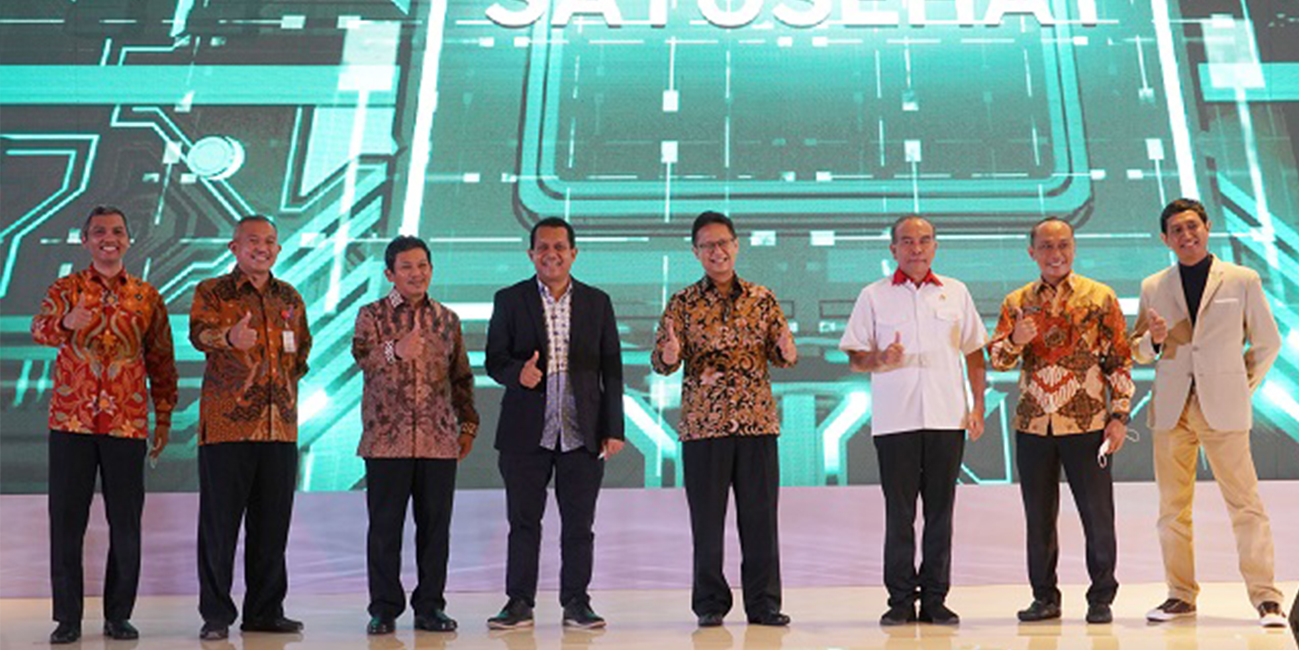Indonesia’s Health Ministry recently launched the Indonesia Health Services platform in Jakarta as a realization of the country’s health technology transformation pillar.
The platform which was named SATUSEHAT – translated as ONEHEALTHY – seeks to support the implementation of other Indonesian health systems’ transformation pillars: primary services transformation, referral services transformation, health resilience systems transformation, health financing systems transformation and transformation of human resources in the health sector.
This comes as the ministry targets around 8,000 health facilities in the country to be integrated with the platform by the end of this year.
The platform launch took place as Southeast Asia’s largest population of more than 270 million carries on with its digital transformation journey.
“In the digital health transformation, there are three programs that we will do. Firstly, integrating data; secondly, simplifying apps; thirdly, building an innovation ecosystem,” said Indonesia’s Health Minister Budi Gunadi Sadikin, as quoted in a Health Ministry statement issued in July.
Meanwhile, the Health Ministry adopted the PaaS infrastructure model in developing the platform, which connects the entire health industry ecosystem to create single national health data. The press statement said it would ensure more effective and efficient national health data exchanges.
Sadikin said the single data program “will integrate health data and standardize formats and data exchange protocols”.
The same statement said IHS would serve as a connector between apps in various health industries, therefore all health facilities – from pharmacies and clinics to laboratories and hospitals – would need to follow the standards set by the Health Ministry in the SATUSEHAT platform.
Patients would not need to bring physical medical records if moving to another hospital, as those would be recorded digitally on the platform and integrated with the official COVID-19 tracking app PeduliLindungi. The Health Ministry aims to develop PeduliLindungi as a citizen’s health app, not just as a pandemic-related platform. Such electronic records can be accessed on one’s smartphone anytime.
Health workers would also be able to input the data to SATUSEHAT just once, which will be automatically connected to other health apps.
Dozens of the country’s health facilities have undergone and are going through various trial stages of SATUSEHAT.
“This platform has been tested on 41 government-owned vertical hospitals in the alpha testing phase and a beta phase trial is underway, which involves 31 institutions from different backgrounds,” said Setiaji, chief of the Digital Transformation Office under the Health Ministry.














